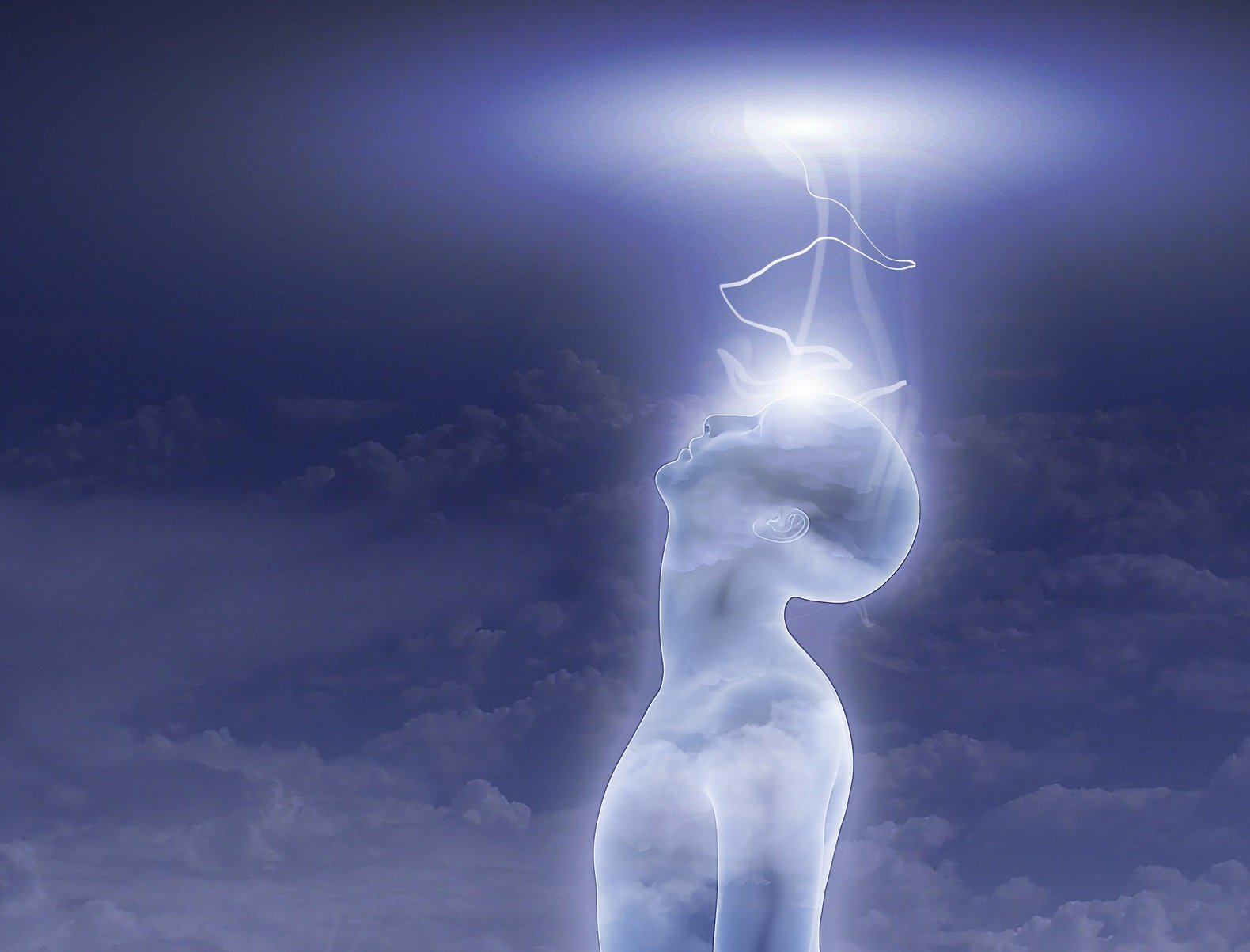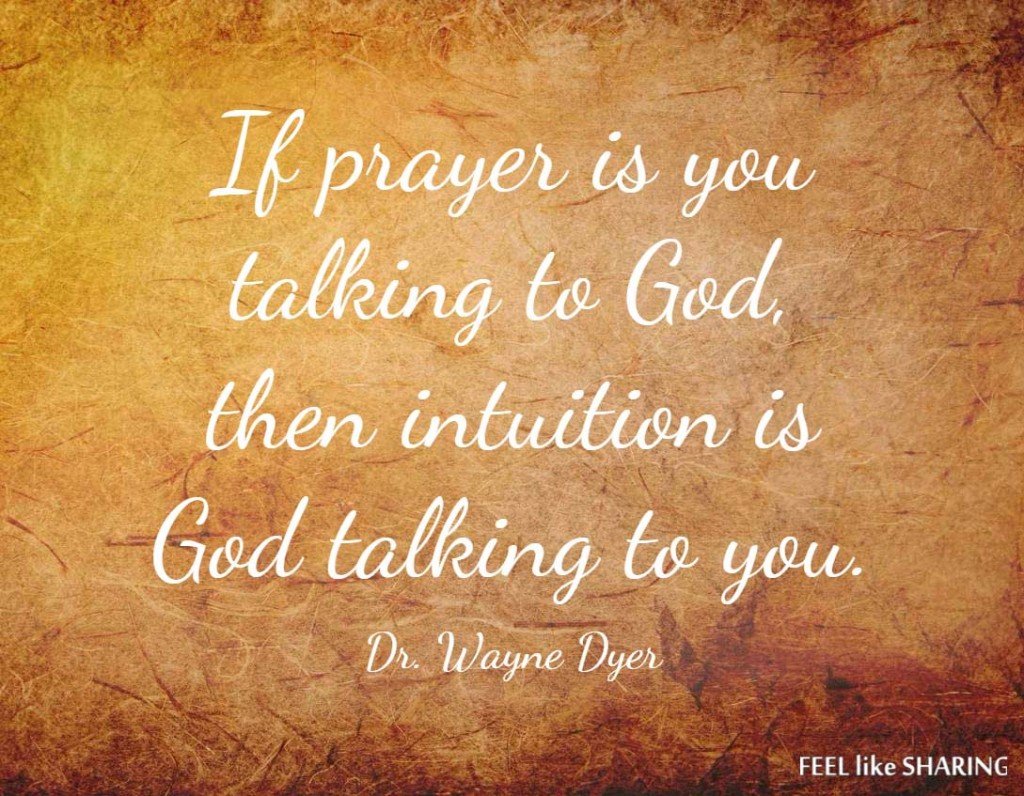Understanding The Role of Intuition

Image Source
Intuition is ordinarily characterized as prompt discernment or perception of something, that is, detecting or understanding something without the utilization of thinking. Some ordinary encounters appear to help this definition. You may have met an outsider and in a flash realized that you would be accomplices forever.
At the point when an auto salesperson revealed to you that the value he was citing you was his last, absolute bottom value, your intuition may have disclosed to you he was lying. On the primary day of a specific course, you may have had a solid sense that you would not do well in it.
Some essential disclosures appear to have happened immediately. For instance, the German physicist Kekule found the answer for a troublesome synthetic issue instinctively. He was extremely drained when he slipped into a wander off in fantasy land. The picture of a snake gulping its tail came to him, and that gave the insight to the structure of the benzene particle, which is a ring, as opposed to a chain, of iotas.
The German essayist Goethe had been encountering awesome trouble sorting out an extensive mass of material for one of his works when he learned of the sad suicide of a dear companion. At that exact moment, the arrangement for sorting out his material jumped out at him in detail.

Image Source
The English essayist Samuel Taylor Coleridge arose from a fantasy with 200–300 lines of another and complex sonnet obviously in mind.
Such cases appear to propose that intuition is altogether different from thinking and is not affected by it. Yet, before tolerating that conclusion, consider these actualities:
Achievement thoughts support prepared, dynamic minds. It is bizarre for somebody absolutely untrained in a subject to make a noteworthy new disclosure about it. Hence, if Kekule had been a handyman, Goethe a clerk, and Coleridge a beautician, they would more likely than not have gotten the intuitions for which they are celebrated.
A few intuitions in the end turn out to be mixed up. That appealing outsider may end up being not your deep rooted accomplice but rather a man for whom you build up a solid abhorrence. The auto businessperson's last cost may have ended up being precisely that. Furthermore, rather than doing inadequately in that course, you may have done well.
It is hard to make a general evaluation of the nature of our intuitions since we have a tendency to overlook the ones that demonstrate mixed up similarly a card shark overlooks his misfortunes.
These actualities have driven a few researchers to reason that intuition is basically an outcome of considering. They would say that something in regards to the outsider spoke to you, something the sales representative said or did proposed deviousness, something about the teacher alarmed you. For each situation, they would clarify, you settled on a brisk choice, so snappy, indeed, that you were ignorant that you'd been considering.

Image Source
On account of the leap forward thoughts, the researchers would state that when individuals wind up noticeably fascinated in issues or issues, their oblivious minds frequently keep dealing with them long after they have turned their consideration somewhere else. Consequently, when an understanding appears to appear unexpectedly, it is really a deferred consequence of considering.
Which perspective of intuitions is the right one? Are intuitions not quite the same as and autonomous of considering or not? Maybe, for the present, the most reasonable answer is that occasionally they are free and now and then they are not; we can't make certain when they are, and thusly it is rash to depend on them.
Unreliable masterminds initially pick their decisions and after that search out proof to legitimize their decisions. They neglect to understand that the main conclusion worth drawing is one in light of an exhaustive comprehension of the issue or issue and its conceivable arrangements or resolutions.
Is it adequate to conjecture, figure, and frame hunches and theories? Totally. Such exercises give a supportive beginning stage to the reasoning procedure. The pivotal thing is not to give hunches and speculations a chance to control our reasoning and manage our decision ahead of time.

Image Source

